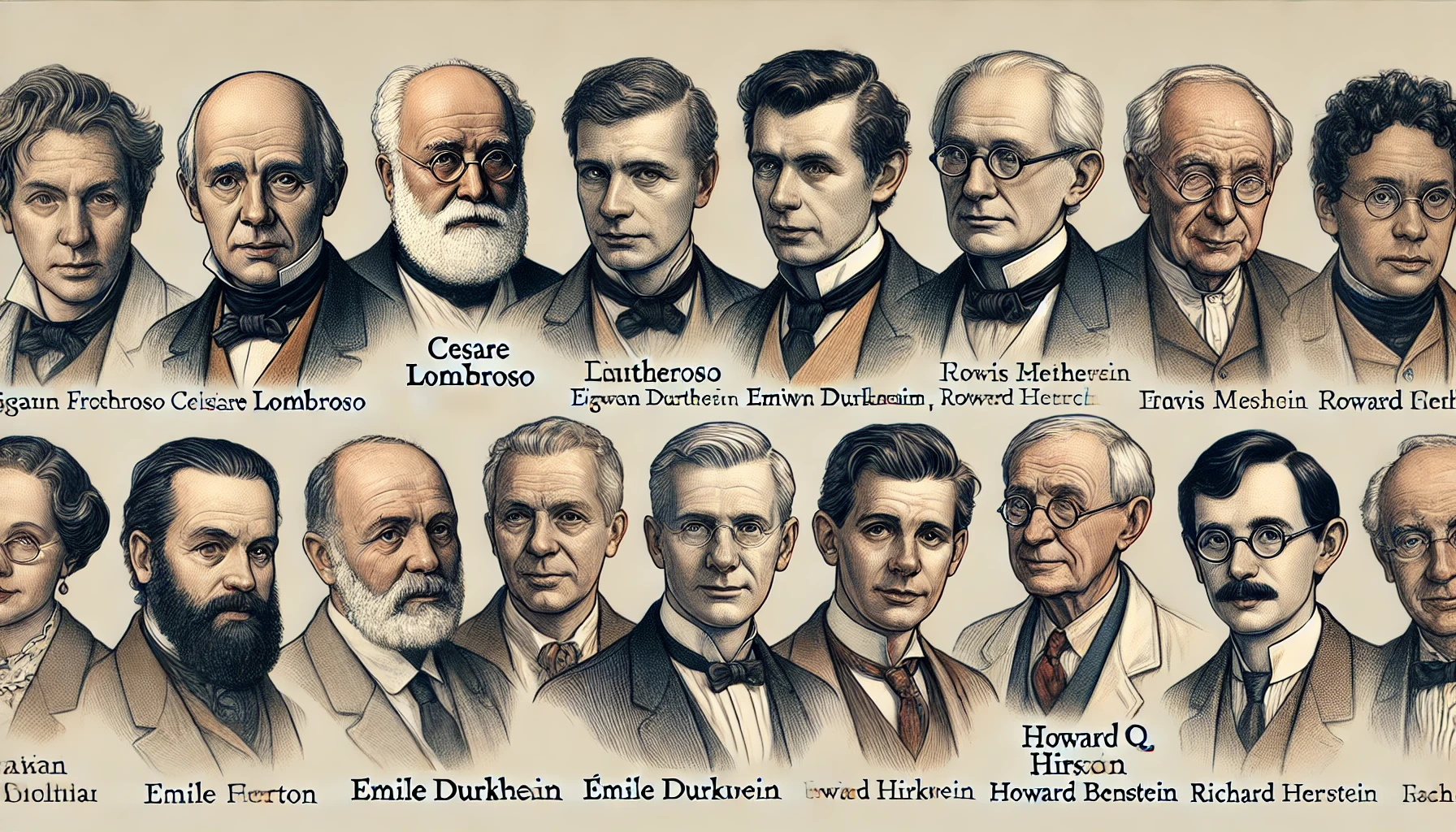Émile Durkheim’s Contribution to Criminology: An Academic Perspective
The Social Function of Crime in Durkheim’s Criminology Durkheim argued that crime serves a social function by reinforcing societal norms and encouraging collective reactions. Crime, in his view, is not merely an individual act of deviance but a phenomenon with societal roots. By punishing criminals, societies reaffirm their shared values, creating a sense of unity … Read more


